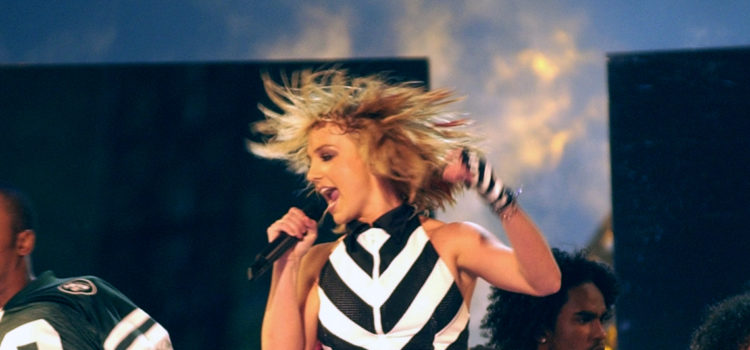

This article is an excerpt from the Shortform book guide to "Quiet: The Power of Introverts" by Susan Cain. Shortform has the world's best summaries and analyses of books you should be reading.
Like this article? Sign up for a free trial here .
Does society prefer extroverts or introverts? How do society and America in particular show an extrovert bias?
An extrovert bias is a societal preference for people with extroverted personalities. It is particularly common in American society, where outgoing leaders, students, and community members are given more opportunities than those that are reserved.
Keep reading to understand what the extrovert bias is and what it looks like in American society.
Is There an Extrovert Bias?
Scientists and writers dating back to the Romans, Greeks, and the Bible have studied introversion and extroversion extensively. They’ve even found that some animals can be identified as introverts or extroverts. The two personality types working together can create effective partnerships like, for instance, that of Martin Luther King Jr. (an extrovert) and Rosa Parks (an introvert). Her quiet defiance in refusing to give up her bus seat made her an appealing symbol King could use to rally others to the cause of integration.
A third to a half of Americans are introverts, according to studies. They tend to be quiet and thoughtful and prefer less stimulation. There’s a good chance that you’re an introvert yourself—or you live, work, or are friends with an introvert. You may not realize when you’re associating with introverts, however, because many of them act like extroverts when necessary, either consciously or unconsciously. Some people don’t realize they’re actually introverts until a change in their lives, such as a divorce or layoff, allows them to live in a way that aligns with their true nature.
A Nation of Extroverts
The U.S. is one of the most extroverted nations, according to studies, and our society is skewed toward favoring extroverts. Our culture, including schools, social institutions, and workplaces, celebrates and is shaped around an “extrovert bias”—a belief that the ideal personality type is someone who is highly sociable, self-assured, and enjoys the spotlight.
We typically think of an extrovert as a person of action, who takes risks and readily makes decisions. He or she is gregarious and flourishes as part of a team or as its leader. While we claim to value independence and individuality (qualities of introverts), the only independent type we seem to celebrate is the loner who comes up with technological innovations and gets rich. Anyone else with introvert tendencies is suspect.
Society often views introversion, which can encompass sensitivity and shyness, as an undesirable personality trait that should be suppressed or changed. Because extroversion has become the norm to which everyone must conform, introverts are left feeling devalued because of this extrovert bias.
Research shows we rate people more positively when they have qualities we associate with extroverts. For instance, talkative people are considered more intelligent, attractive, interesting, and likely to make better friends. People who talk faster are rated as more capable than those who talk slower. In groups, those who talk the most are seen as smarter than those who are quiet.
A Society Built for Extroverts
In the U.S., we’ve built our society and values almost entirely around extroversion. In school systems, for example, this extrovert bias is reflected in the way classrooms are organized and taught: Desks are arranged to facilitate group projects and high levels of interaction and activity. Most teachers believe students should be extroverts.
Television programs aimed at children feature extroverted rock-star personalities who relish the spotlight—for instance, Hannah Montana, Carly Shay of iCarly, and Sid the Science Kid, a program aimed at preschoolers. They’re a big departure from the quieter Cindy Bradys and Opie Taylors of the past, who were unremarkable kids doing ordinary things.
In the workplace, teamwork, open offices, and “people skills” are prized. We’re expected to engage in relentless self-promotion to develop and promote our personal “brand.” To advance in many careers, extroversion usually is essential. Even in professions often seen as hospitable to introverts, being an extrovert still helps you get ahead because of the extravert bias. For example, the scientists who are the most self-confident and brash often get the most funding.
Introverts, as both children and adults, are constantly pushed to be more outgoing.
Parents and teachers urge children to “come out of their shell” and be more sociable and to participate more in class. Adults are chided for being “in their head” too much, or they’re seen as disengaged at work when they want to think rather than react off the cuff.

———End of Preview———
Like what you just read? Read the rest of the world's best book summary and analysis of Susan Cain's "Quiet: The Power of Introverts" at Shortform .
Here's what you'll find in our full Quiet: The Power of Introverts summary :
- How society overvalues extroverts
- Why introverts' overlooked strengths are the key to greater success in work, school, and society
- How extroversion caused the fall of Enron






